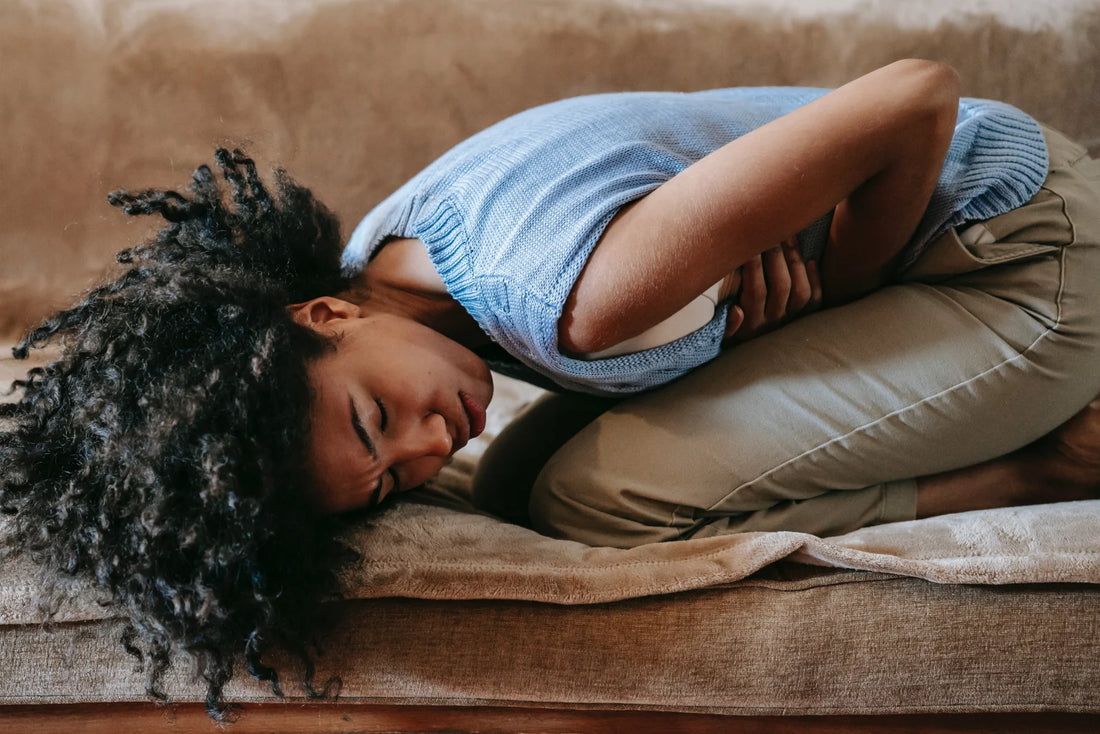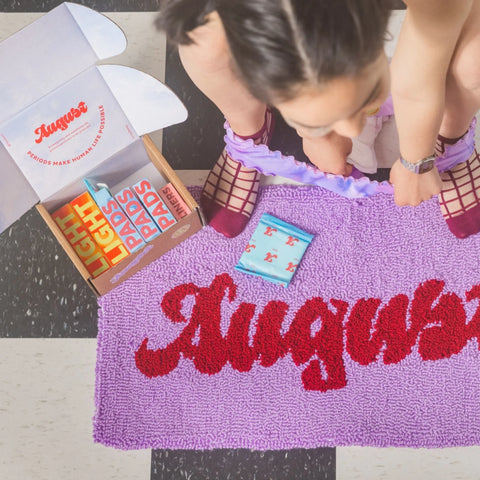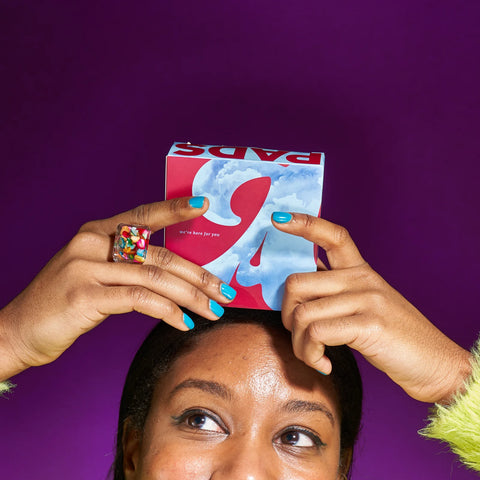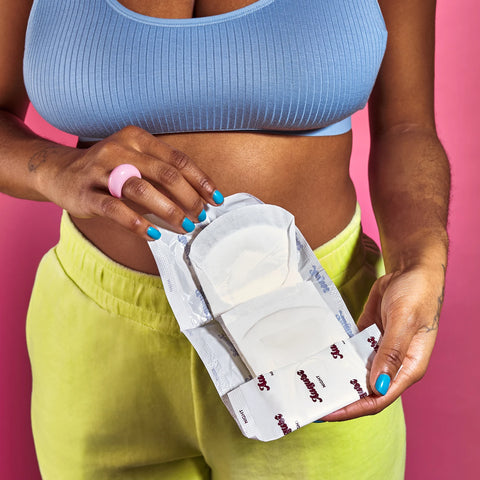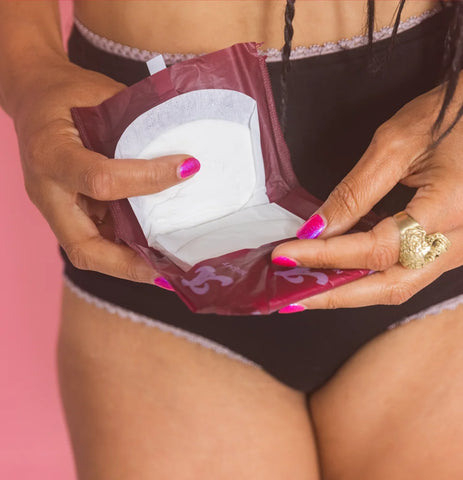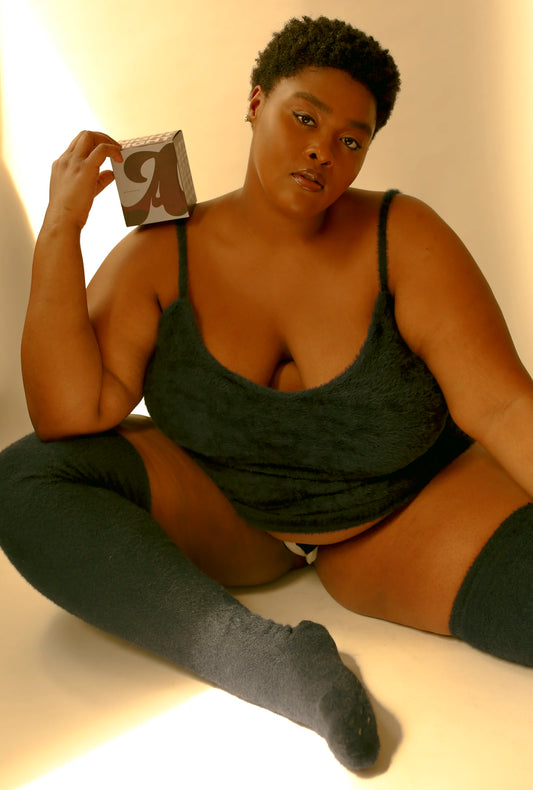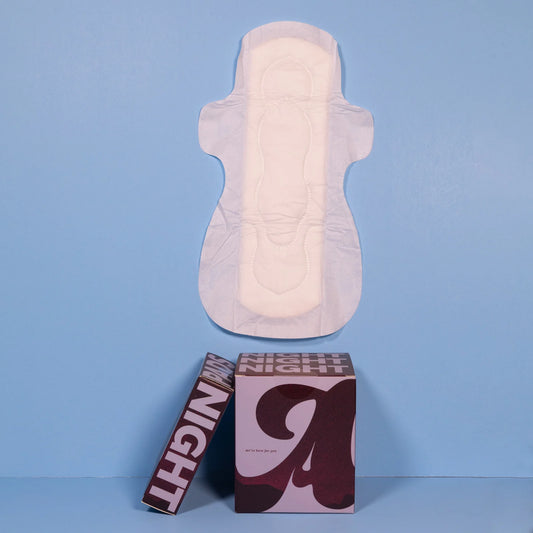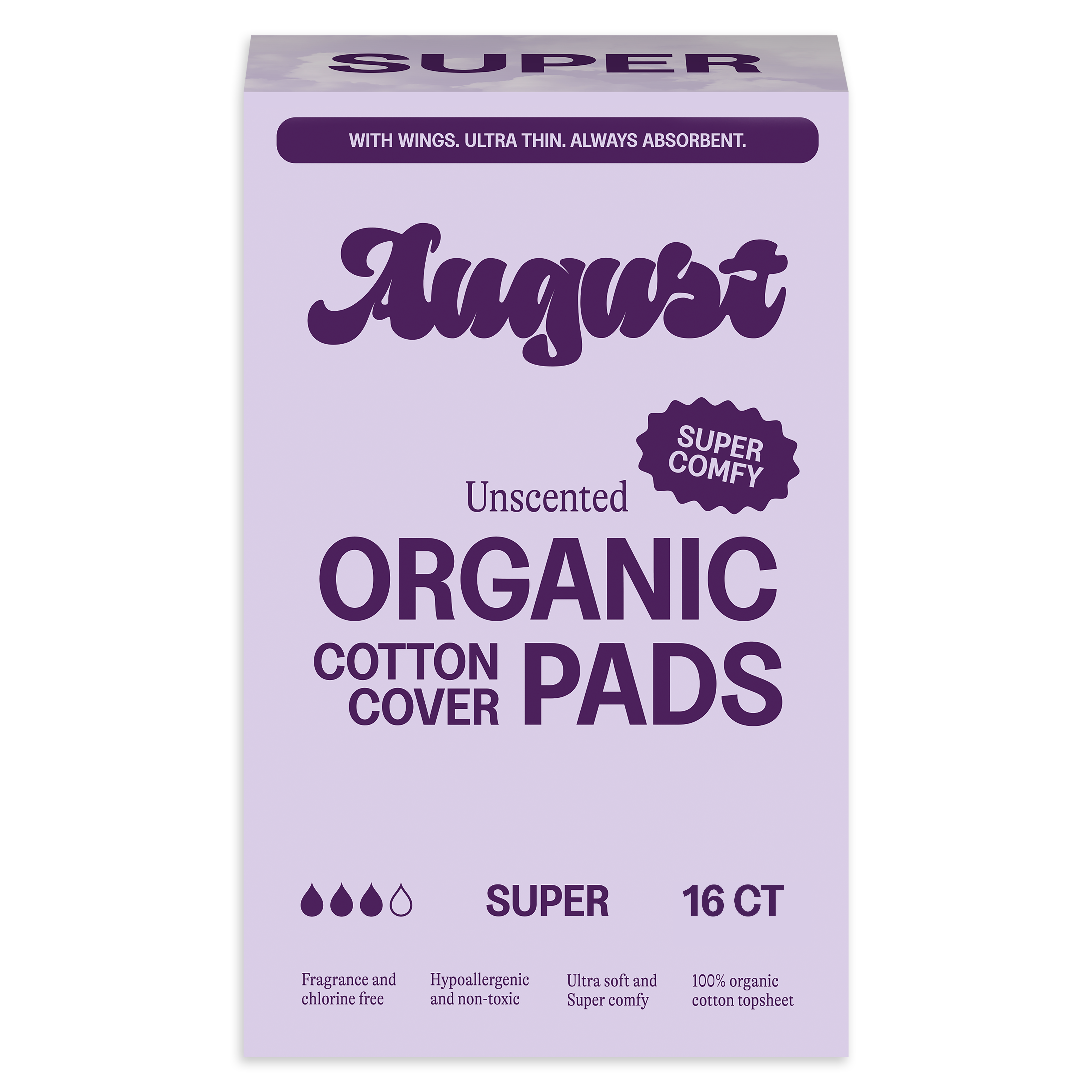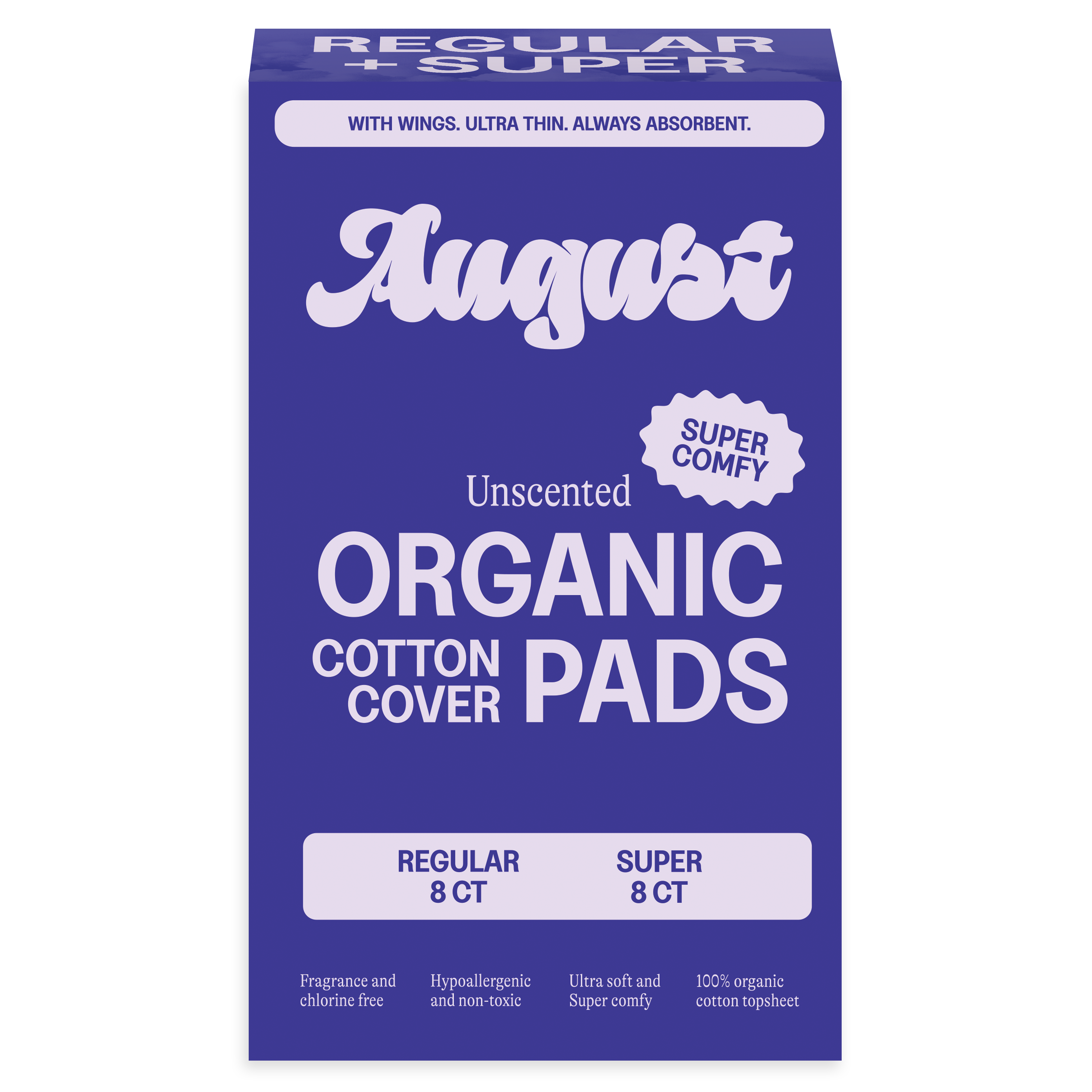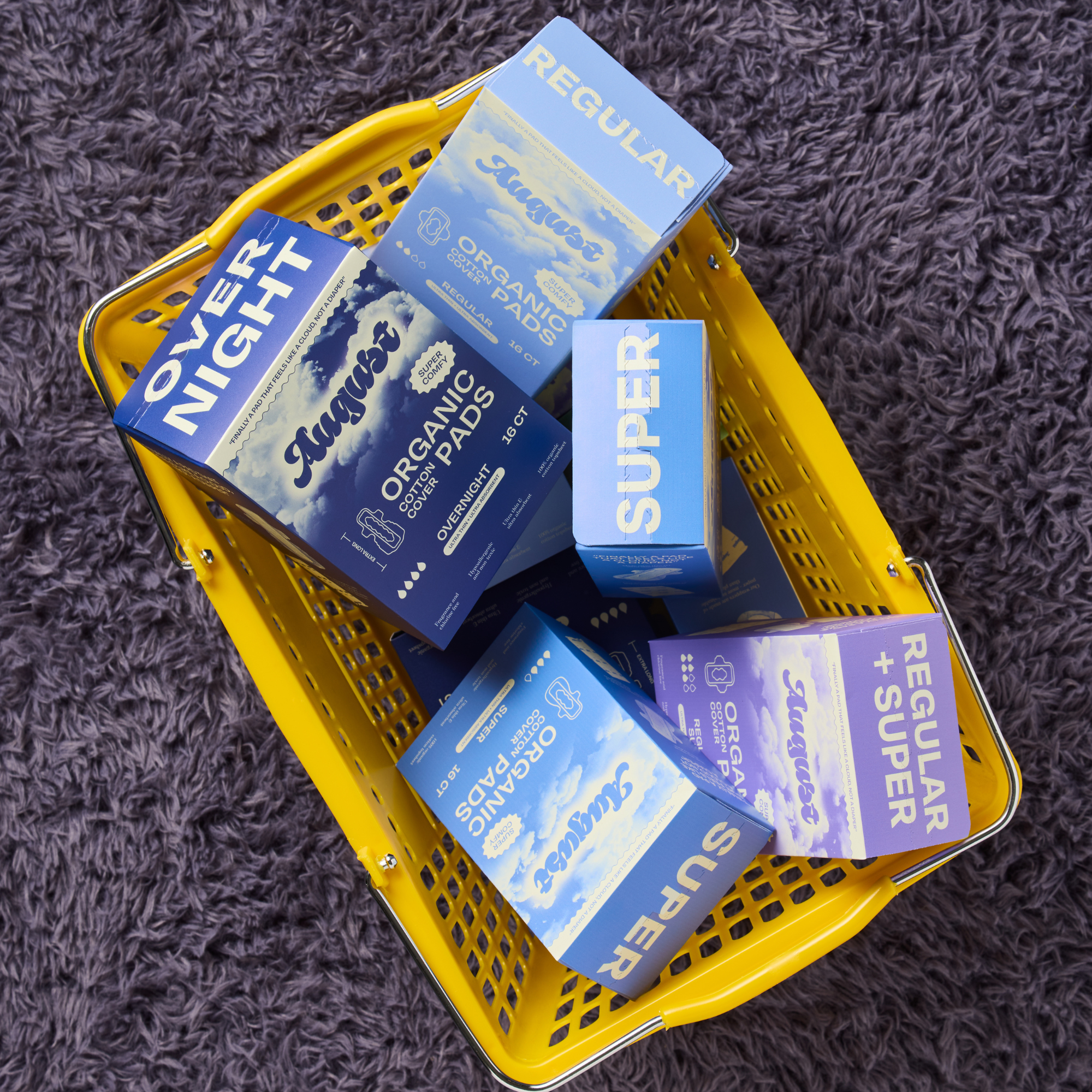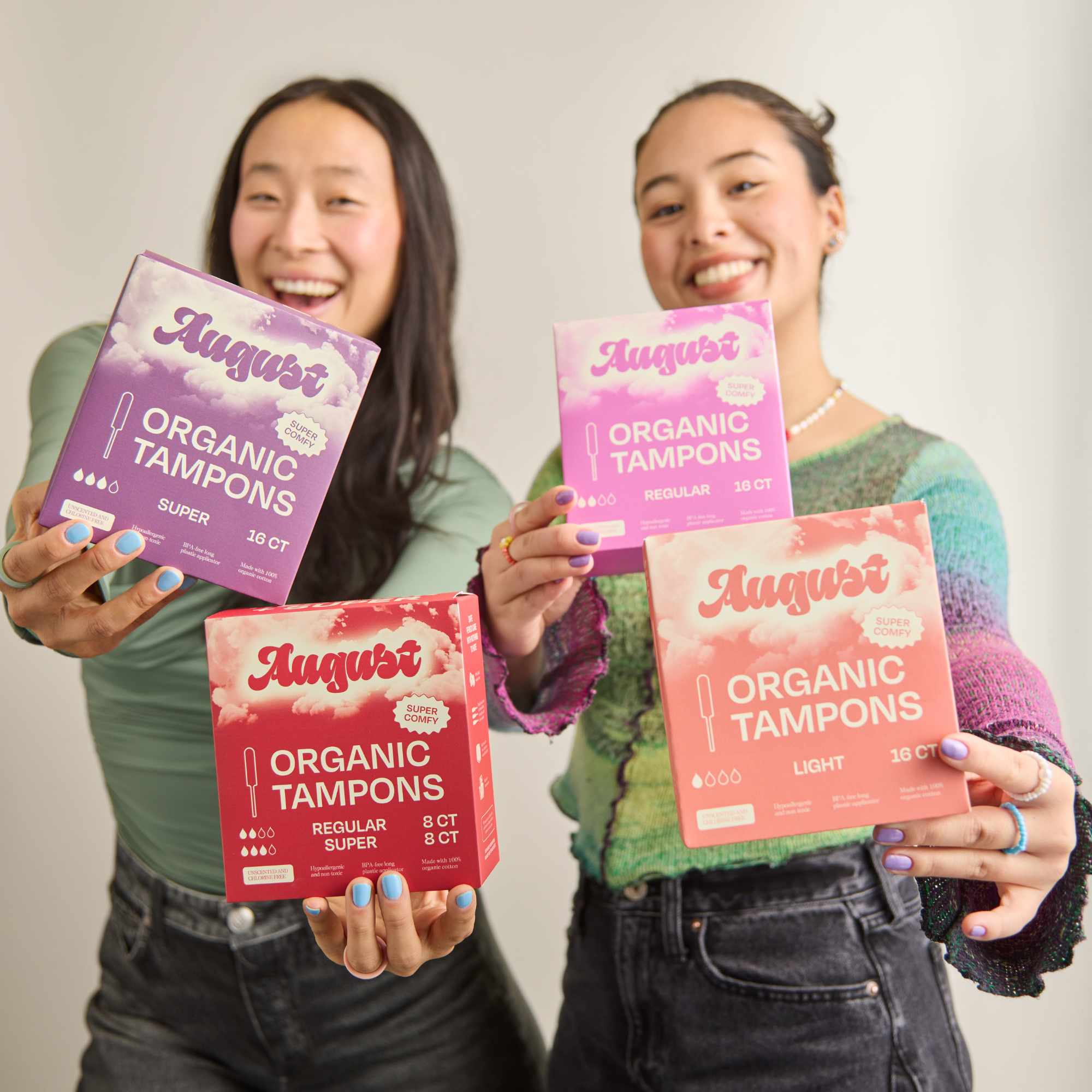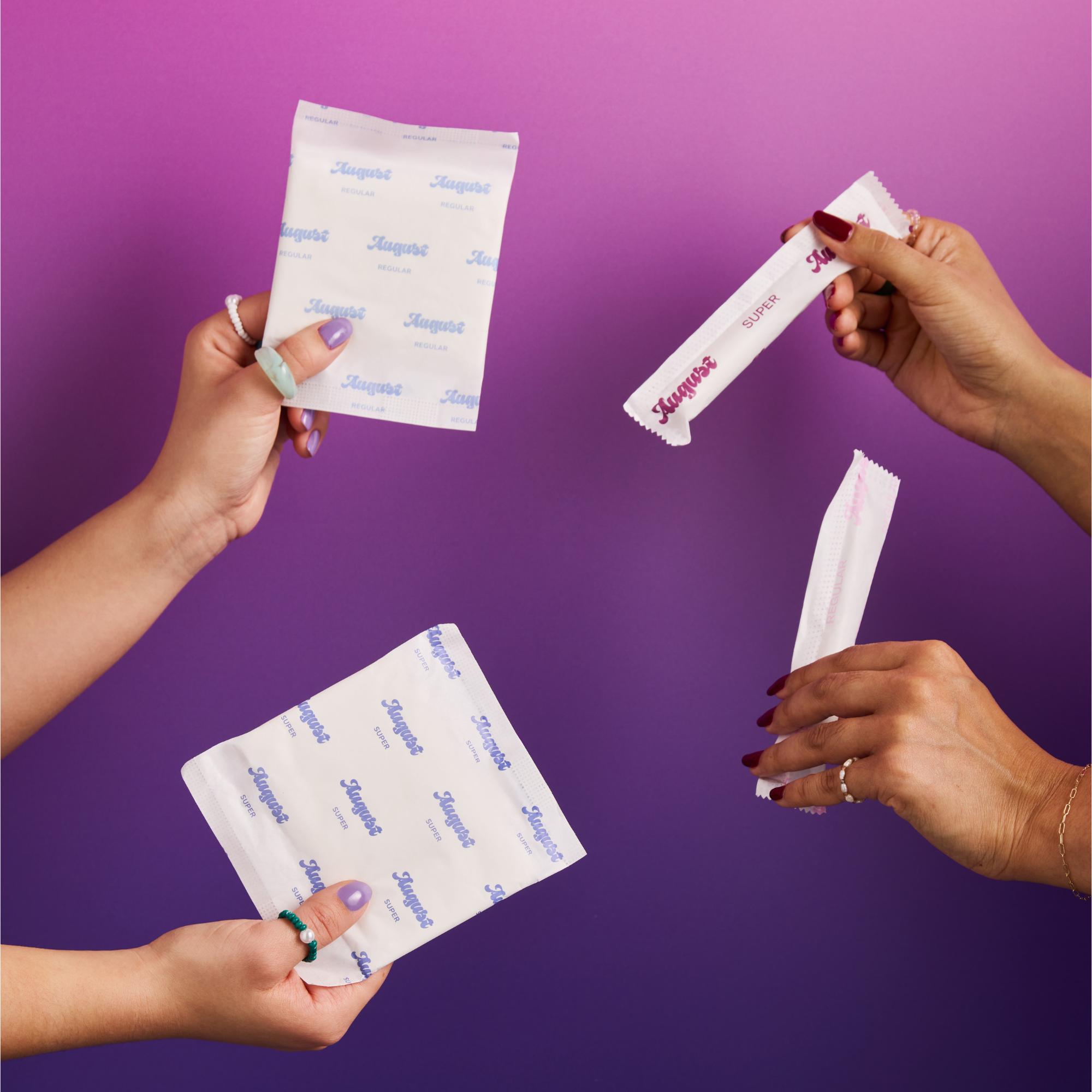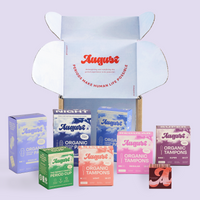Some pain is common among menstruators, however, if you find yourself having consistent, severe pain during every monthly flow – there may be an underlying issue that can be mitigated or even treated with the help of a specialist.
Keep reading to learn more about menstrual pain and pain management options.
What do menstrual cramps feel like?

Cramps are usually a dull throbbing or aching feeling that you’ll feel consistently in the lower abdomen and your stomach. Sometimes aches will find their way to your upper legs and lower back.
At their worst, they can be sudden and sharp pains in isolated body parts.
Why do I get menstrual cramps?
Cramps are the result of what’s happening internally, with your uterus.
During the process of menstruation, the uterine lining sheds itself. At that time, the body releases chemicals called prostaglandins which cause an inflammatory response that causes the uterus to contract –– these are cramps.
Cramping usually starts the day before or the day bleeding begins. The cramping should not last for the entire period and ideally, your day-to-day routine shouldn’t be impacted by cramps. If that’s the case, check with your doctor!
Is it normal to NOT have any cramps during your period?

"Not all periods result in cramps, although society has made us believe periods are a curse and everyone suffers.
Cramps have been made to seem common but it’s also normal, and enjoyable, to not have cramps on your period.
No two period experiences are the same and you should definitely not be worried if you don't have cramps!"
Are cramps genetic?
You may have a genetic predisposition however, really what will encourage your body to follow that genetic pattern are your lifestyle choices.
So, be sure to understand your genetic traits and have your day-to-day routines (i.e. food, physical activity, sleep, etc.) work against them!
What are the best ways to reduce cramps?

There are lots of solutions that you can do without medical intervening, such as:
-
Rest & relax. There’s no need to push yourself when on your period! Breathe deeply (on and off your period!), and be sure to prioritize your stress-free activities on your period.
-
Keep your body hydrated – drinking water can reduce bloating during your period and alleviate some of the pain that it causes. Also, drinking hot water can increase blood flow throughout your body and relax your muscles.
-
Light exercises like a walk, stretching, or yoga, will ease tension in your body.
-
In some cases, pelvic floor physical therapy can also be beneficial, especially when the pain is a result of conditions such as endometriosis.
-
A heating pad or hot bath to relax your muscles.
-
Cut the sugar and focus more on anti-inflammatory foods (scroll down for a list of food!)
-
Transcutaneous electric nerve stimulation (TENS) — a therapy that uses mild electric currents to stimulate your nerves to relieve pain.
-
Believe it or not…having an orgasm (by yourself or with a partner) can relieve pain. Keep reading for more about this!
And then, of course, there are many versions of vitamins and other medications that could help. However, please go check with your doctor to find out what the best options are for YOU, uniquely.
-
Certain vitamins and herbs like vitamin D, will help absorb calcium and reduce inflammation along with Omega-3, vitamin E, and magnesium. Fish oil, fenugreek, ginger, valerian, zataria, and zinc sulfate are also recommended to help make menstruation less painful.
-
Over-the-counter pain medicine like ibuprofen (Advil), naproxen (Aleve), or acetaminophen (Tylenol) – Always follow the instructions on the bottle and talk with your doctor before taking pain medication if you have an allergy to aspirin or severe asthma.
-
Acupuncture and acupressure.
-
Hormonal birth control (like the pill, patch, ring, implant, and hormonal IUD)
Do certain foods affect cramps?

Absolutely!
Cut out as much sugar and trans fat as you can since they cause bloating and inflammation, which makes muscle pain and cramps worse. While you may find yourself craving salt around your period, consuming excess amounts could lead to worse bloating and cramps.
Instead, focus on anti-inflammatory foods since they promote blood flow and relax your uterus. Such as:
- berries, tomatoes, pineapples
- spices like turmeric, garlic and ginger to settle an upset stomach or other period pain
- leafy green vegetables
- almonds and walnuts
- and fatty fish, like salmon
- Some herbal teas have anti-inflammatory properties and antispasmodic compounds which reduce the muscle spasms in the uterus that cause cramping.
Also…if you can find the willpower…switch to decaf on your period. Caffeine causes your blood vessels to narrow which can constrict your uterus, making cramps more painful.
That being said, reducing stress can also help with cramps. So, if chocolate helps to calm you down – go for it! Just try going for 75% or higher dark chocolate. Read this for a more in-depth explanation of the benefits of this chocolate during your period!
– list provided by Jenna Longoria (she/her), FDN-P, August's nutritionist
Does exercise actually relieve cramp pain?

Exercise helps relieve your cramps because of the chemicals it releases as your body moves.
Basically, these chemicals (called beta-endorphins) produce analgesia (aka pain relief) and help to quickly burn the prostaglandins – explained earlier as the chemicals released during menstruation that cause muscle contractions.
What are the best exercises to do while menstruating?
While menstruating, it is recommended to do light and restorative movements such as yin yoga or walking to get the right chemicals being produced, and to stimulate blood flow through your body. Relaxed movement like yoga also reduces stress, improves flexibility, and strengthens muscles.
High-intensity exercises like running may be too much for your body’s energy and muscle capacity at that time.
Do heating pads really help with cramps?

Heating pads can help your muscles stretch and retract, which combats the contractions causing those cramps.
On a more medical level… The heat relaxes the myometrium (uterine smooth muscle). Heat can also boost circulation in your abdomen, which can reduce pain.
According to a 2004 study, heat solutions for cramps are actually more effective than taking an over-the-counter pain reliever, like acetaminophen.
Can having sex reduce pain form period cramps?
For those ready to have sex, yes it can. Here’s why:
- Menstrual cramps are a result of your uterus contracting to release its lining.
- When you have an orgasm, the muscles of your uterus also contract.
- Then they release, which allows you to relax.
Whether partnered or solo sex, an orgasm can help release oxytocin and endorphins, which have a positive effect on your mood and can offer pain relief.
“I have severe period pain and think I may have endometriosis. My doctor tells me that it's just period pain, what advice would you give me here?”

Again, period pain is NOT normal. So our first piece of advice would be to advocate for yourself. This can be hard so, if you need help advocating for yourself in medical situations, check out this guide we made in collaboration with Twentyeight Health.
Before you speak with your doctor again, do some initial research about what the pain might be caused from. You can read this overview of period disorders we wrote with our Medical Board.
Endometriosis is complicated, contested, and widely underdiagnosed. Read more about endometriosis HERE.
Do tampons hurt?

This is the most common question we get when it comes to period pain and curiosity about tampons.
If done right, and if you yourself don’t suffer from vaginismus, pelvic floor dysfunction, or another internal condition, the answer should be: “100% NO, they don’t!”
For a tampon tutorial, read THIS!
For a comparison of pads vs tampons, read THIS!
In conclusion…
If you are experiencing any ongoing, consistent, pain around the time of your period – please go check in with your doctor to find out if there are any underlying issues.
We really hope that you're able to find solutions that are suited to you and your body!
